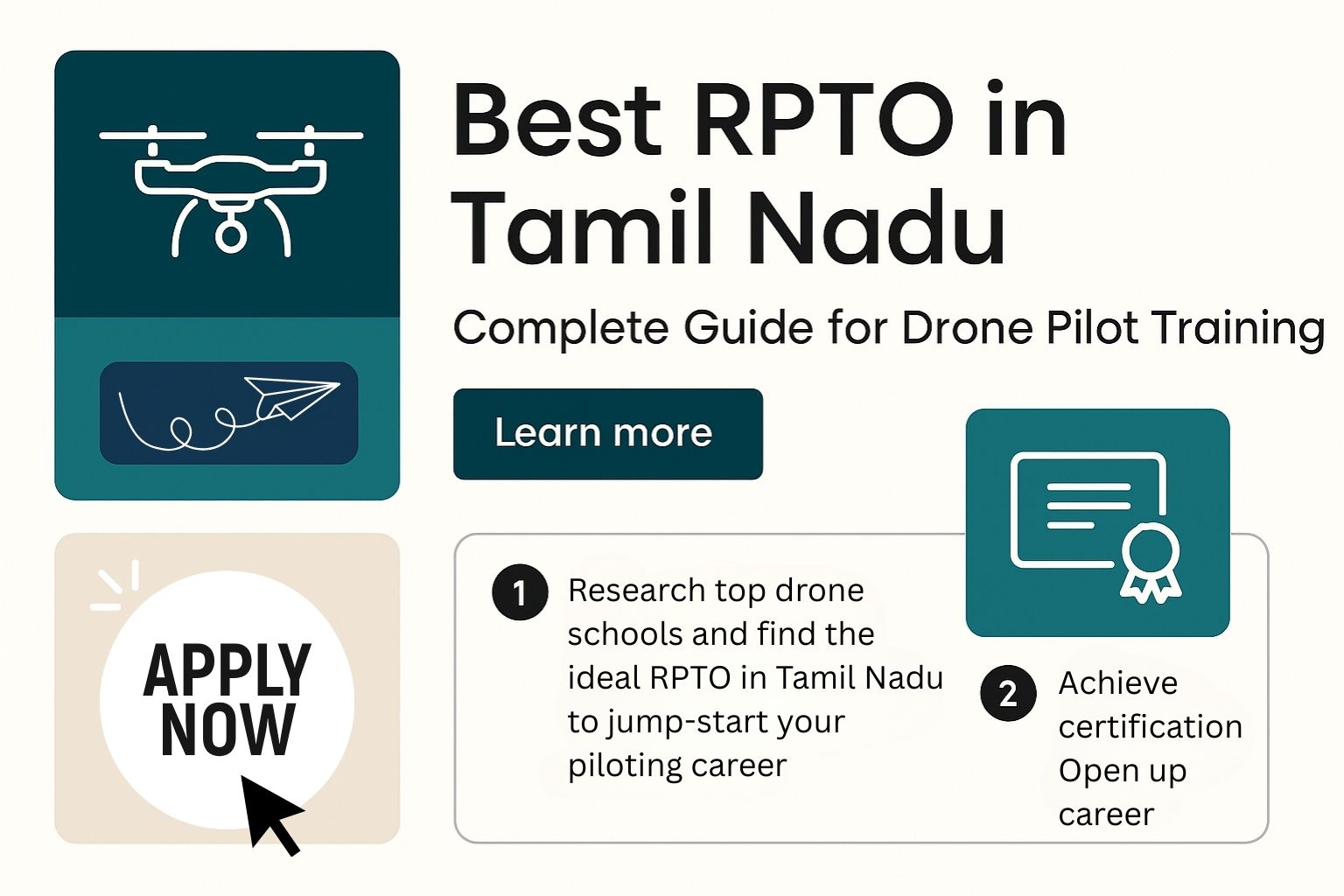The drone industry in India is experiencing a transformative shift, driven largely by the government’s increasing emphasis on formal certification and regulation. As UAVs (Unmanned Aerial Vehicles) become a vital part of sectors like agriculture, surveillance, logistics, and mapping, the need for standardized, airworthy, and safe drones has never been more urgent. At the heart of this transformation is Type Certification, a crucial milestone for any drone manufacturer or integrator looking to scale operations.
Much like aircraft certification, drone Type Certification ensures that a UAV meets all the essential safety, design, and performance parameters laid out by the DGCA (Directorate General of Civil Aviation). Without it, drones are not permitted to fly commercially. But what does this process involve? And how can drone startups or OEMs navigate it efficiently?


At ARIES, we have assisted multiple drone developers with end-to-end support — from documentation and testing to final approval. This involves compiling detailed design documents, conducting flight and environmental tests, EMI/EMC compatibility checks, and ensuring the drone passes safety benchmarks like fail-safe mechanisms and geofencing.
Certified craft now trace skies bold. Silent wings gain lawful hold. Over fields and towers flown, yet grounded none without approval shown. Drawn charts and standards filed, by rules of DGCA styled. Flew not far those yet unchecked—compliance first, then skies are decked.
- Guidelines framed with cautious aim.
- Engines hum but await their name.
- Submitted tests in sequence stand.
- Prototypes marked by reviewer’s hand.
- Each part weighed for lawful flight.
- Permits earned through process right.
But the process isn’t just technical. It also requires a keen understanding of regulatory language, DGCA portals, and timelines. A small error in documentation or non-compliance in testing can cause months of delay. That’s where consulting partners like ARIES step in — streamlining each stage while ensuring full regulatory alignment.

Over the past two years, India has moved towards liberalizing drone use under the “Drone Rules 2021” and subsequent updates. However, as the number of drone applications rises, scrutiny is also intensifying. Authorities are now looking closely at subcomponent testing, software reliability, and even pilot safety training under certification schemes.
Beyond compliance, there’s also a strong business incentive. Having a certified drone not only allows commercial use but also opens doors to government tenders, export opportunities, and agricultural subsidy programs. Investors and large clients typically demand proof of certification before funding or procurement.
Today, we stand at the cusp of a new UAV era. With India aiming to become a global drone hub by 2030, Type Certification is no longer a choice—it’s a strategic necessity. Whether you’re a startup building your first quadcopter or an established brand exploring cargo UAVs, the path to growth is clear: build right, certify early, and fly legally.
At ARIES, we don’t just tick boxes—we help drone innovators launch with confidence.


